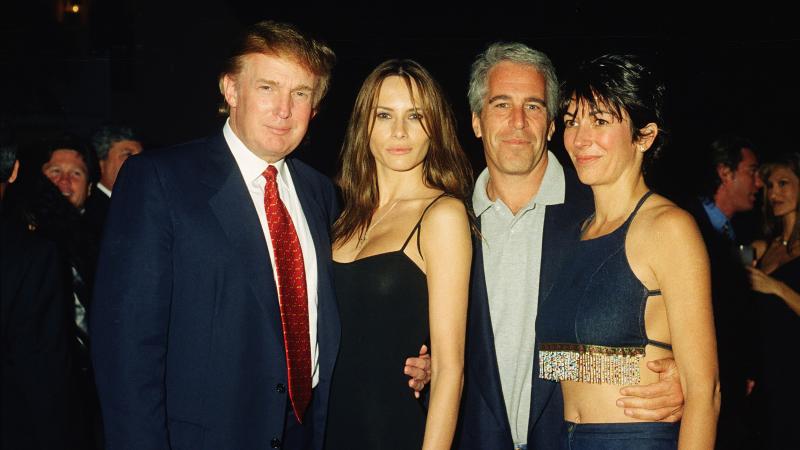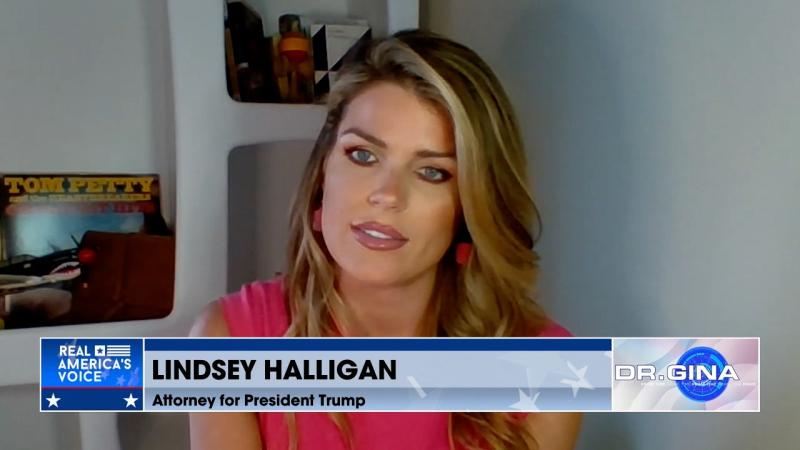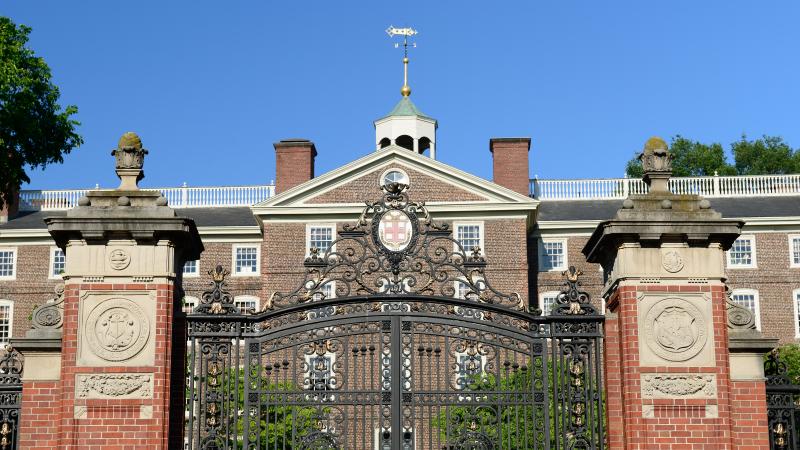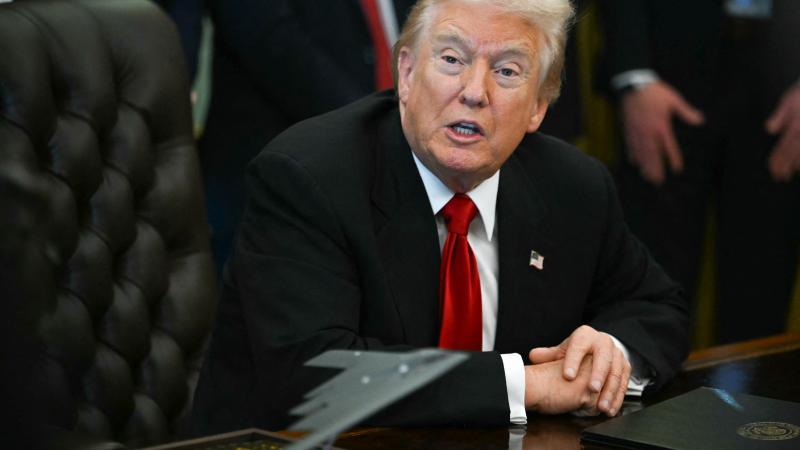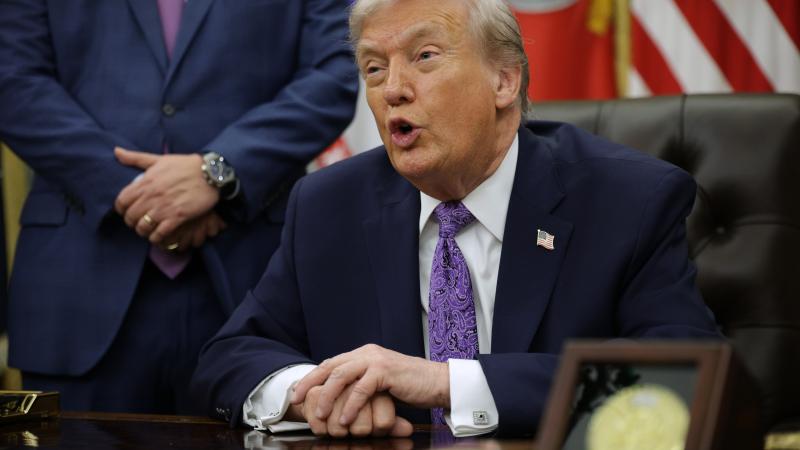Trump's Supreme Court nominee success likely to hinge on Murkowski, a few other GOP senators
The Senate now has 53 GOP senators and 47 Democratic senators, including two independents who caucus with the party.
President Trump’s efforts to get a Supreme Court nominee confirmed in the Senate before Election Day are complicated by several GOP senators whose support is uncertain – including that of Alaska’s Lisa Murkowski, who appears to be a no-vote.
Shortly before Justice Ruth Ginsburg’s death was announced on Friday, Murkowski said that she would not confirm a high court nominee before the election if faced with the prospect
“I would not vote to confirm a Supreme Court nominee,” the senator told Alaska Public Media. “We are 50-some days away from an election.”
Murkowski in 2016 held up then-President Obama’s nominee to the Supreme Court, Merrick Garland, after Justice Antonin Scalia had died in February of that year.
Senate Majority Leader Mitch McConnell said at the time that voters should have a say in the president who would nominate the next justice to the court. He refused to allow a Senate confirmation hearing or vote on Garland.
Trump nominee Neil Gorsuch was confirmed to the vacant seat soon after Trump’s inauguration in 2017.
McConnell said Friday that he will allow a vote on Trump's latest nominee before the 2020 elections. This time, Trump and fellow Republicans who back his effort can spare few if any Senate Republican defectors.
The Senate now has 53 GOP senators and 47 Democratic senators, including two independents who caucus with the party. A SCOTUS nominee can be confirmed by a simple, 51-vote majority.
Other Senate Republicans who might not support an appointment before the election include Sen. Cory Gardner, who is facing a tough reelection bid in increasingly blue Colorado. Gardner said in 2016 that the next president should fill the Scalia seat.
Democrat John Hickenlooper, Gardner’s 2020 challenger, is trying to hold the incumbent senator to his words in a tight race in which Gardner will need crossover votes to win.
Maine Sen. Susan Collins, meanwhile, is in a similar situation. The moderate Republican is facing perhaps the biggest reelection challenge of her Senate career – in a state Trump lost to Democrat Hillary Clinton 45.2%-to-47.9% in 2016.
Collins has so far declined to comment on what she will decide in the coming weeks.
Another potential defector is Sen. Mitt Romney. The Utah Republican has not been a reliable Senate ally for Trump, having been the only GOP senator to vote in February to impeach the president. Romney also has yet to comment on a potential new Trump nominee.


